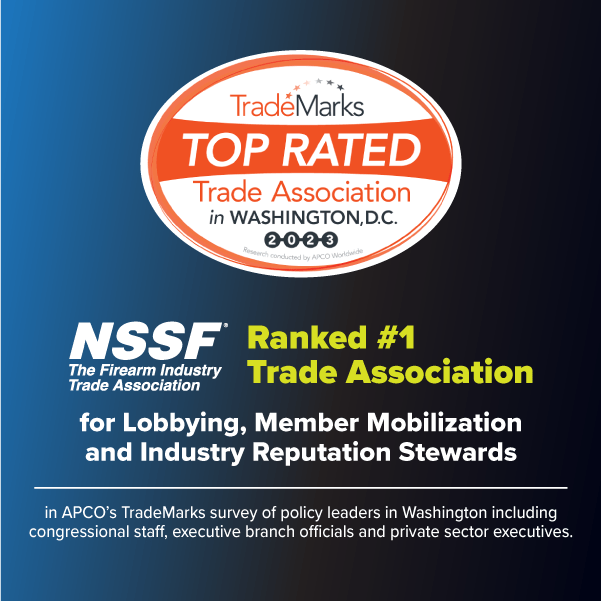 Back to News
Back to News
May 27, 2010
ATF Reverses Interpretation of GCA; Redefines “Transfers” of Firearms
Reversing an interpretation of the Gun Control Act that has been on the books for more than four decades, ATF today posted a ruling declaring any shipment of a firearm by a manufacturer (FFL) to any agent or business (e.g., an engineering-design firm, patent lawyer, testing lab, gun writer, etc.) for a bona fide business purpose to be a "transfer" under the Gun Control Act of 1968. As a consequence, legitimate business-related shipments will now require the recipient to complete a Form 4473 and undergo a Brady criminal background check. In many instances, these requirements will force shipments to a third party, thereby lengthening the process and the time that the firearm is in transit.
ATF officials have acknowledged this is a radical change from ATF’s long-standing interpretation that this was not a "transfer" under the Gun Control Act that was set forth in a 1969 ruling ("Shipment or Delivery of Firearms By Licensees to Employees, Agents, Representatives, Writers and Evaluators.") and further clarified in a 1972 ruling. In other words, ATF is now saying its long-standing rulings, issued shortly after the Gun Control Act was enacted, were wrong. ATF should be required to explain why it took 42 years to decide that its original understanding and interpretation of the Gun Control Act is now somehow wrong. ATF appears to be under the mistaken impression that the Brady Act of 1993 changed what constitutes a "transfer" under the Gun Control Act. Even if this were true – and it is not — then ATF should be required to explain why it took 17 years to figure this out. ATF itself admits that neither the Gun Control Act nor the Brady Act defines "transfer." There is simply nothing in the Brady Act or is there any other legal reason that compels ATF to now reject 40 years of precedent.
For more than four decades manufacturers have shipped firearms to agents for bona fide business purposes. ATF is unable to identify a single instance during the past 40 years where a single firearm shipped in reliance upon ATF's rulings was used in a crime. This unwarranted reinterpretation of the law will cause significant disruption and additional costs for industry members and increase the cost of doing business, while doing nothing to advance public safety.
Categories: Government Relations, Top Stories









